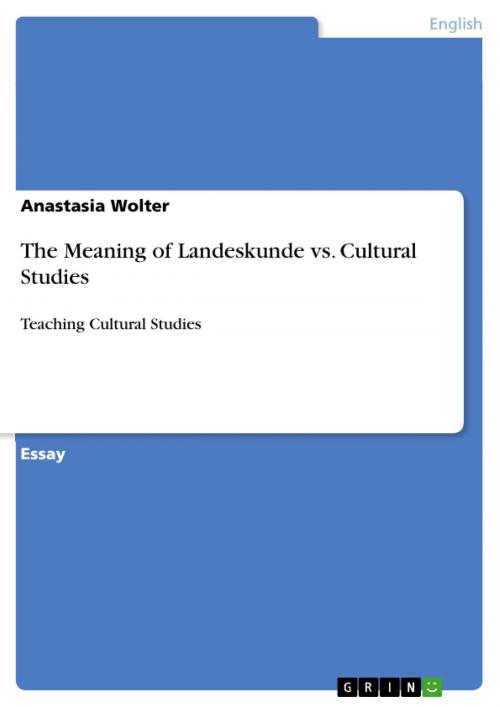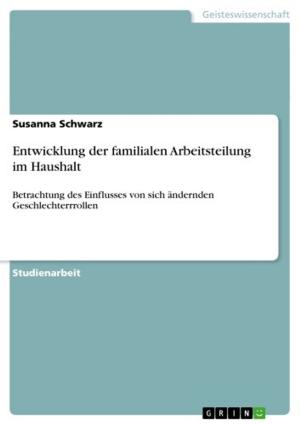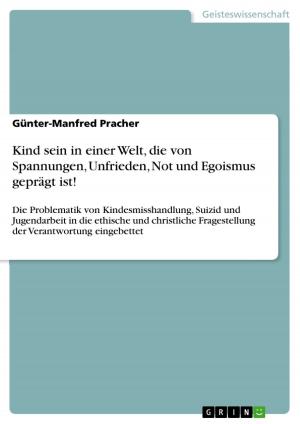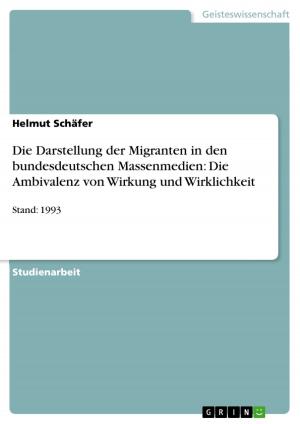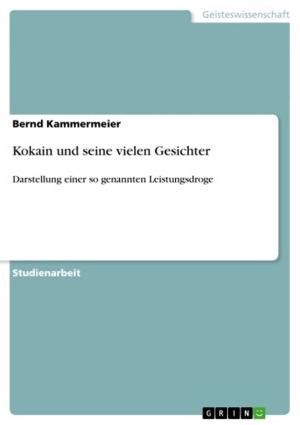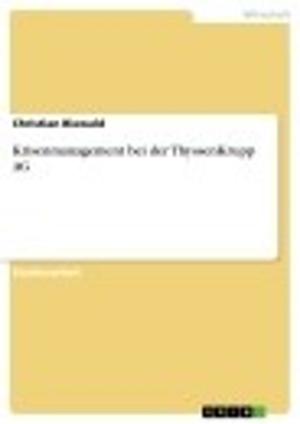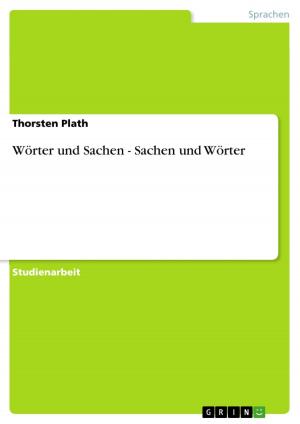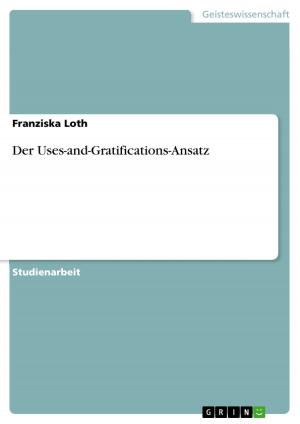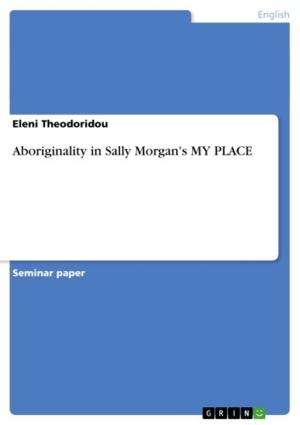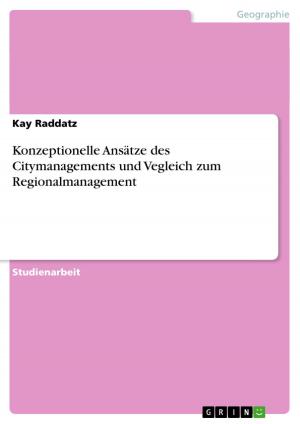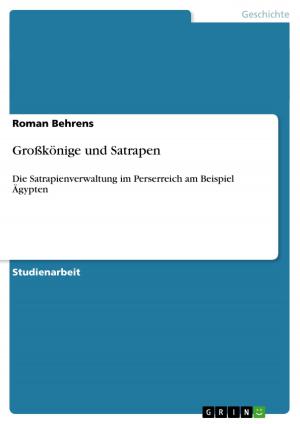The Meaning of Landeskunde vs. Cultural Studies
Teaching Cultural Studies
Nonfiction, Reference & Language, Study Aids, ESL, Foreign Languages| Author: | Anastasia Wolter | ISBN: | 9783656872252 |
| Publisher: | GRIN Verlag | Publication: | January 9, 2015 |
| Imprint: | GRIN Verlag | Language: | English |
| Author: | Anastasia Wolter |
| ISBN: | 9783656872252 |
| Publisher: | GRIN Verlag |
| Publication: | January 9, 2015 |
| Imprint: | GRIN Verlag |
| Language: | English |
Essay from the year 2011 in the subject English Language and Literature Studies - Culture and Applied Geography, grade: 2,0, Justus-Liebig-University Giessen (Anglistik), course: Tefl, language: English, abstract: This term paper deals with the differentiation between 'Landeskunde' and 'Cultural Studies'. While Landeskunde is more concerned with the structure of a country and the geographical and political facts, cultural studies also refer to political actions and cultural symbols and interactions. This topic is very interesting for students and teachers because for many years it was common that Landeskunde was dominating the foreign language lessons. Often students had just to study facts and names while different cultural aspects were disadvantaged. Meanwhile cultural studies are the form, with which students have to deal exploring a different language and its country or culture. This term paper contains a theoretical part, explaining Landeskunde and cultural studies in general and the difference between them as well as a part with the methodology of teaching these two different approaches to a foreign country and its language. The third part of this paper contains a teaching unit, showing how cultural studies can be taught reasonable and interesting and a conclusion closes the topic in the end.
Essay from the year 2011 in the subject English Language and Literature Studies - Culture and Applied Geography, grade: 2,0, Justus-Liebig-University Giessen (Anglistik), course: Tefl, language: English, abstract: This term paper deals with the differentiation between 'Landeskunde' and 'Cultural Studies'. While Landeskunde is more concerned with the structure of a country and the geographical and political facts, cultural studies also refer to political actions and cultural symbols and interactions. This topic is very interesting for students and teachers because for many years it was common that Landeskunde was dominating the foreign language lessons. Often students had just to study facts and names while different cultural aspects were disadvantaged. Meanwhile cultural studies are the form, with which students have to deal exploring a different language and its country or culture. This term paper contains a theoretical part, explaining Landeskunde and cultural studies in general and the difference between them as well as a part with the methodology of teaching these two different approaches to a foreign country and its language. The third part of this paper contains a teaching unit, showing how cultural studies can be taught reasonable and interesting and a conclusion closes the topic in the end.
